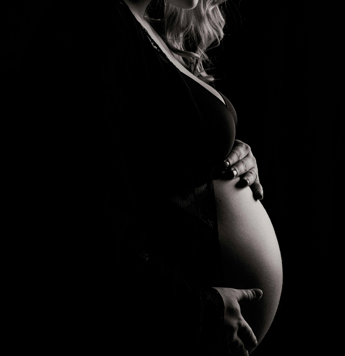A Cautious Approach.
While a morning cup of coffee is a common ritual for many, pregnant women should approach caffeine with caution. While moderate consumption is generally considered safe, excessive intake can pose potential risks.

Effects of Drinking Coffee While Pregnant
. Caffeine miscarriage early pregnancy: Studies have linked high caffeine intake to an increased risk of miscarriage.
. Low Birth Weight: Excessive caffeine consumption may contribute to low birth weight, which can lead to various health problems for the baby.
. Delayed Fetal Development: Some research suggests that high caffeine intake may slow fetal development.
Best Decaf Coffee for Pregnancy
Recommended Caffeine Intake for Pregnant Women to minimize potential risks, it’s advisable to limit caffeine intake to no more than 200 milligrams per day. This is roughly equivalent to one or two 12-ounce cups of coffee.
Tips for Pregnant Women
I drank coffee while pregnant?
. Opt for Decaf: If you crave the taste of coffee, consider switching to decaf.
. Read Labels: Check the labels of tea, chocolate, and energy drinks to monitor your total caffeine intake.
. Consider Herbal Teas: Herbal teas like chamomile or peppermint can be a soothing and caffeine-free alternative.
. Consult Your Doctor: Always consult with your healthcare provider for personalized advice and guidance.

Caffeine and Pregnancy
There are endless questions that women ask themselves during pregnancy, what they can consume, how often, foods not suitable for the baby, here we will try to solve the concerns regarding caffeine and the relationship with the energy drink.
Energy Drink for Pregnant Women
energy drinks during pregnancy are not recommended for pregnant women, they often contain high levels of caffeine and other stimulants that can be harmful to the developing fetus.
Excessive caffeine consumption during pregnancy has been linked to increased risks of miscarriage, chances of low birth weight babies, possible delays in fetal development.
Caffeine and Pregnancy Third Trimester
How much caffeine is too much?
The American College of Obstetricians and Gynecologists (ACOG) recommends limiting caffeine intake to less than 200 milligrams per day during pregnancy. This is equivalent to about one or two 12-ounce cups of coffee.
Tips for reducing caffeine intake during pregnancy:
- Opt for decaf: Switch to decaffeinated coffee or tea to reduce caffeine intake.
- Read labels: Check labels on food and beverages, as caffeine can be found in unexpected sources like chocolate, energy drinks, and certain medications.
- Consider herbal teas: Herbal teas like chamomile or peppermint can be a soothing and caffeine-free alternative.
- Consult your doctor: Always consult with your healthcare provider for personalized advice and guidance.
Energy Drinks While Breastfeeding
No, energy drinks are not recommended for breastfeeding women. Energy drinks often contain high levels of caffeine and other stimulants that can pass through breast milk and affect your baby.
Excessive caffeine intake during breastfeeding can lead to:
. Sleep disturbances: Caffeine can make your baby fussy, irritable, and have trouble sleeping.
. Digestive issues: It may cause digestive problems like diarrhea or constipation in your baby.
. Increased heart rate: High levels of caffeine can increase your baby’s heart rate.












